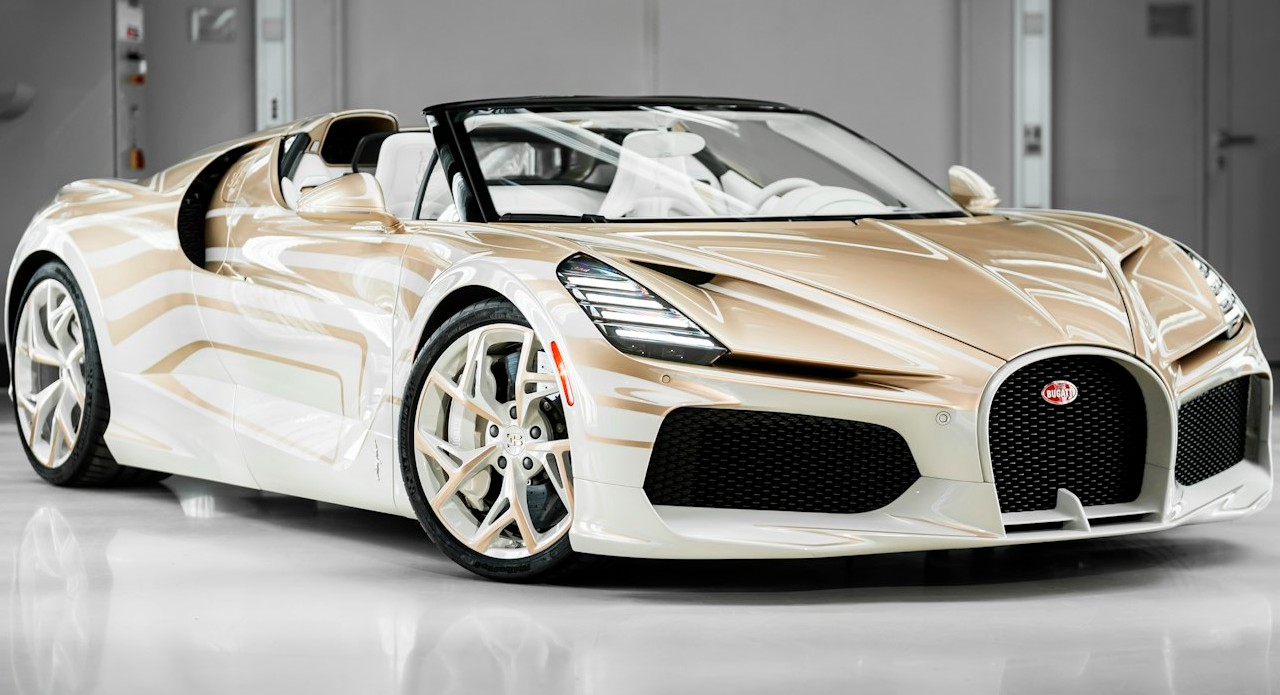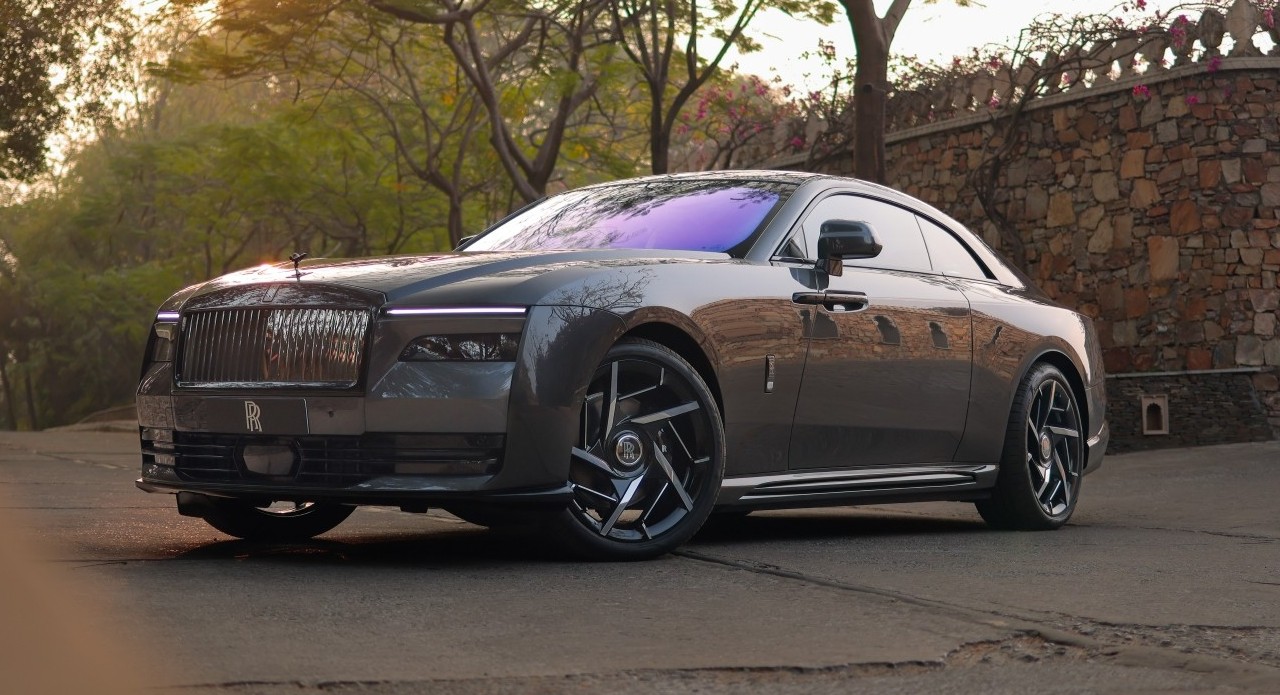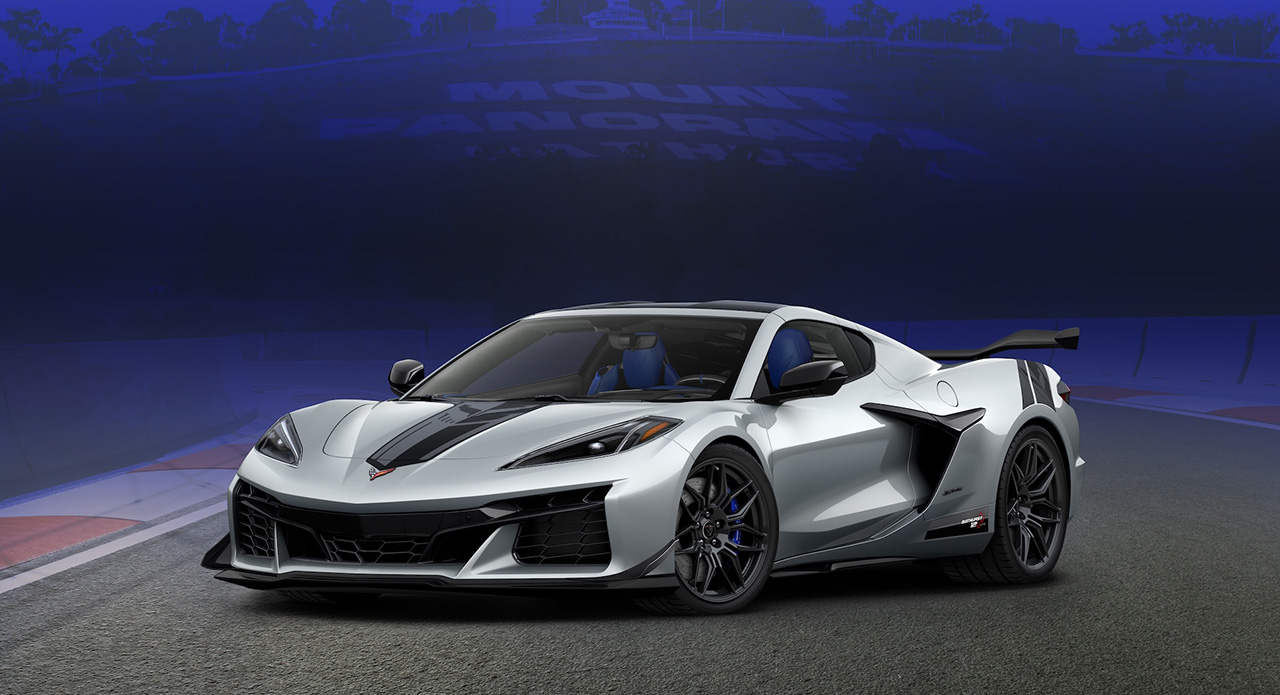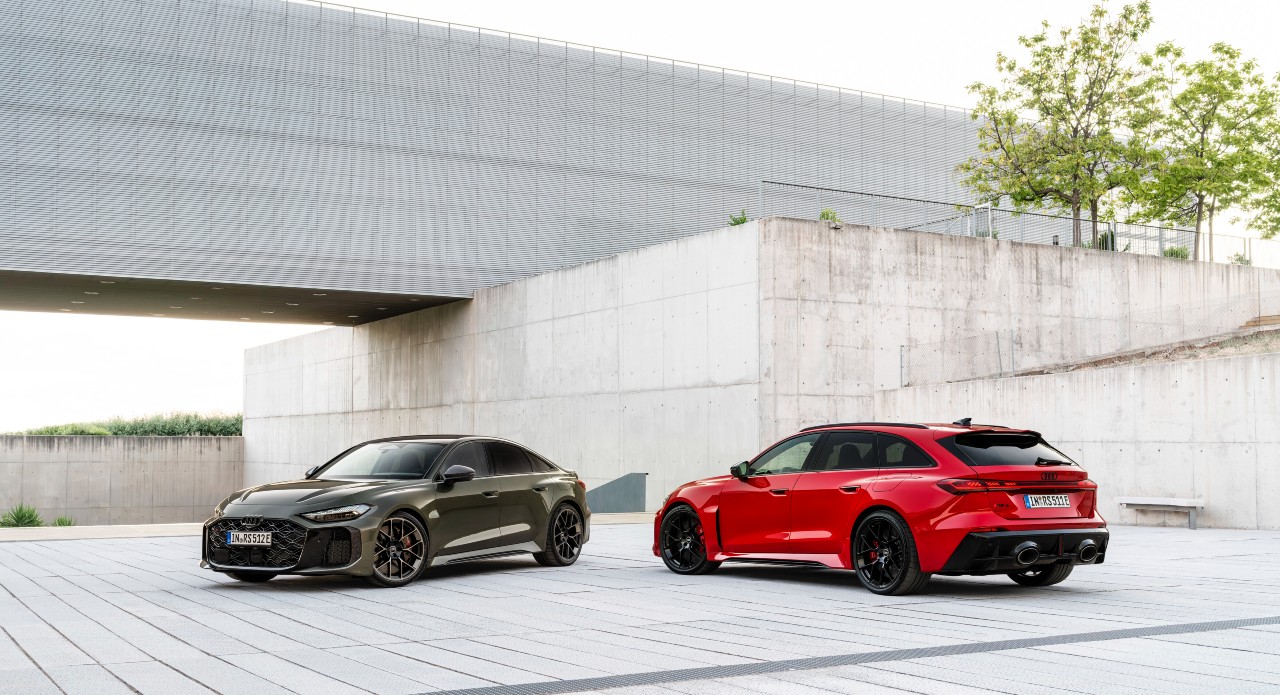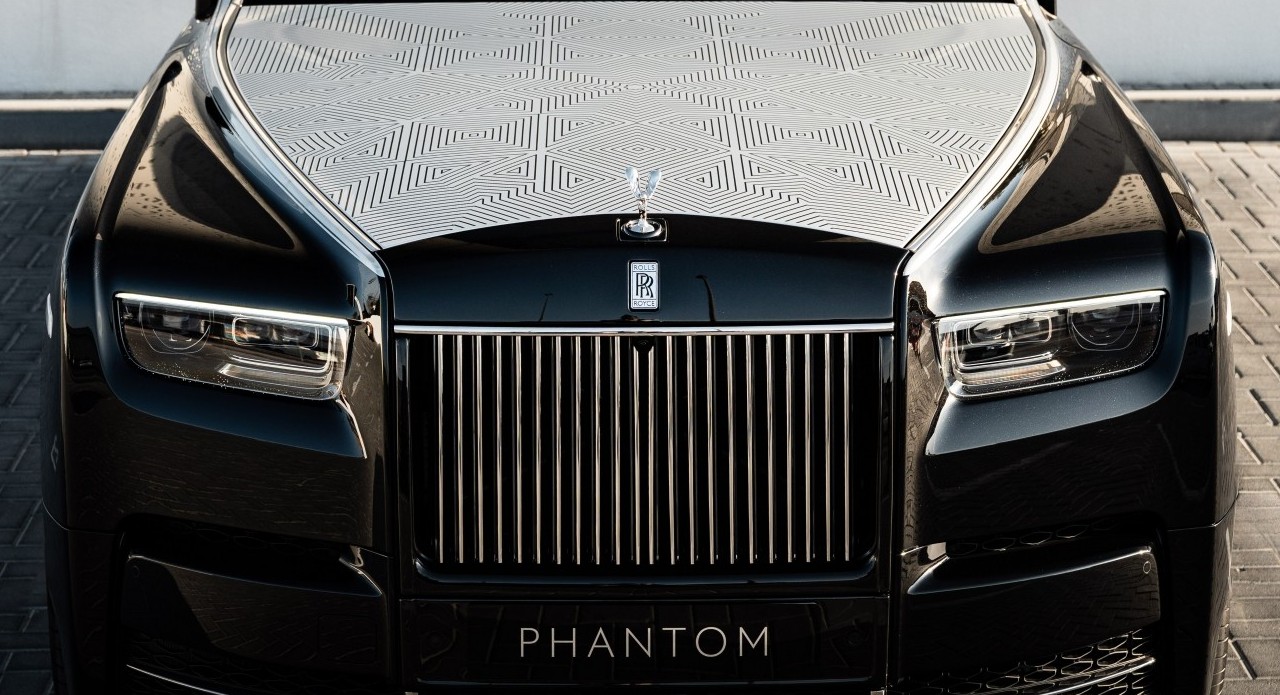Twenty cars. That’s Mini India’s total commitment to their new Countryman Electric JCW Pack at ₹62 lakh. Either they’re being refreshingly honest about demand, or they understand something about scarcity that the rest of us are still figuring out.
The context matters here. Mini’s 709 annual sales in India make it a luxury market footnote, but the buyers shopping at ₹62 lakh aren’t worried about practicalities—they’re buying differentiation.
The JCW Pack itself doesn’t reinvent physics—same 204hp motor, same 462km range as the regular Countryman Electric. What you get for the extra ₹2 lakh are checkered racing stripes, sport seats, boost mode, and the kind of visual drama that signals you’re not driving just another electric SUV. It’s motorsport cosplay, but the good kind.
This matters because electric cars have an image problem that’s particularly acute in India’s luxury segment. Without engine noise or gear changes, EVs can feel antiseptic, more appliance than automobile. The JCW treatment solves this with a theatre—racing heritage that dates back to Monte Carlo Rally wins in the 1960s, now applied to silent electric motors.

The timing feels deliberate. India’s luxury EV market grew 28 per cent last year, driven by buyers who have home charging setups and aren’t fazed by infrastructure concerns. These are people for whom electric isn’t a compromise but a statement. The JCW Pack gives them something to say beyond just environmental consciousness.
It also helps that ₹62 lakh sits in a competitive sweet spot. The Mercedes EQA costs ₹67 lakh but feels corporate. The BMW iX1 starts at a lower price but increases to similar pricing for premium variants. Mini’s offering something neither can—genuine character in a segment that’s becoming increasingly homogenised.
At ₹62 lakh, it sits right between the Mercedes EQA and BMW iX1, but with something neither offers: genuine weirdness. While German brands compete on technology and badge prestige, Mini brings character. That’s increasingly valuable in a market where everyone has similar specs and similar prices.
The limited run strategy is smart positioning disguised as market testing. If these 20 units disappear quickly, Mini validates demand and can import more. If they don’t, well, exclusivity was always the point. It’s a no-lose proposition for a brand that’s been struggling to find its place in India’s hierarchy.
Whether racing stripes on an electric SUV make sense is almost beside the point. What makes sense is offering something different in a luxury EV segment that’s rapidly becoming commoditized. Sometimes, different is enough.




